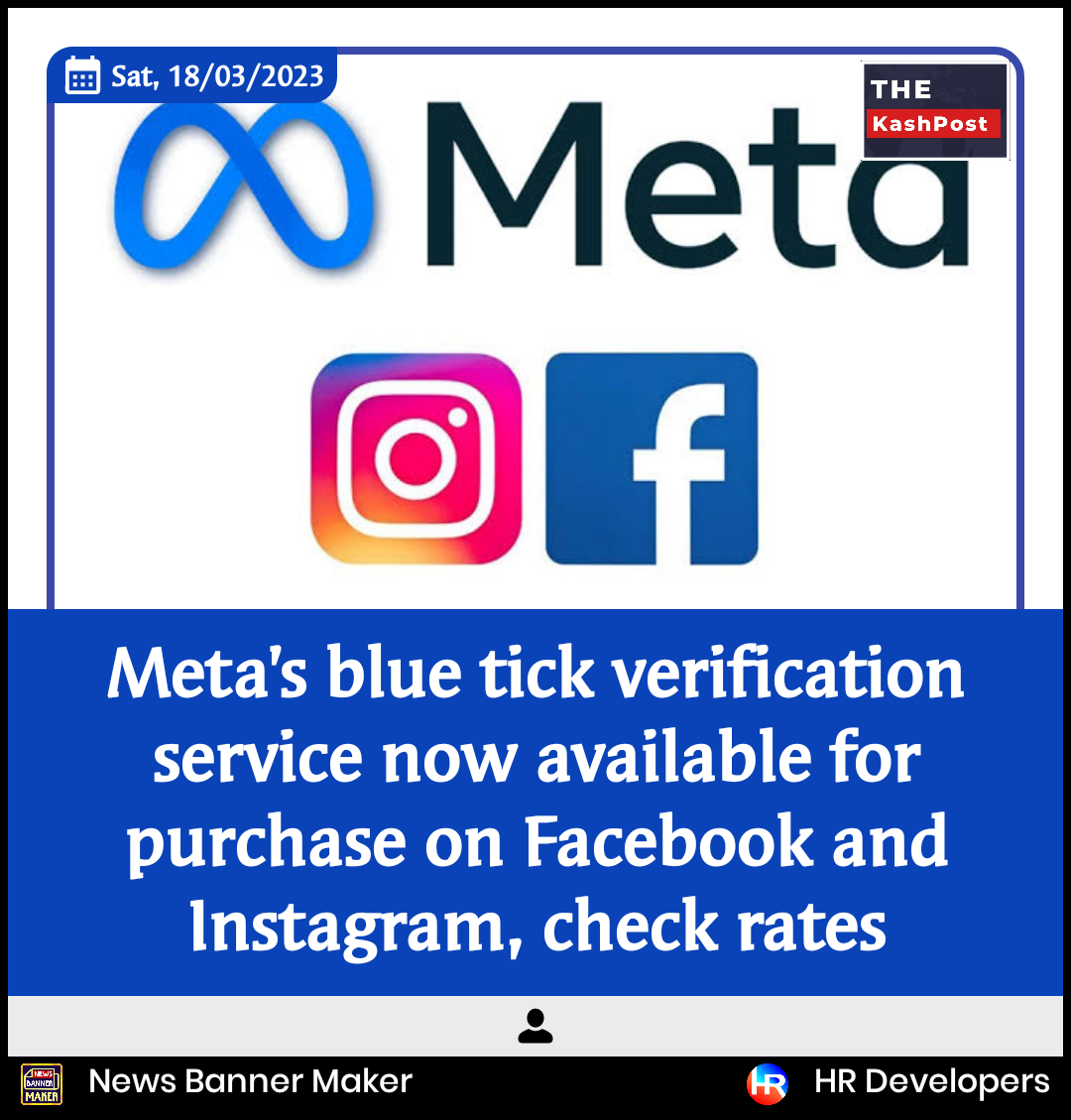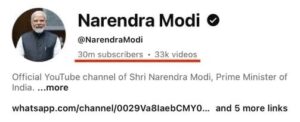Meta’s blue tick verification service now available for purchase on Facebook and Instagram, check rates

Meta offers paid blue ticks on Facebook and Instagram for authentic verification.
Meta, the parent company of Facebook and Instagram, has announced that it will now offer blue ticks for sale on the two social media platforms. The move comes after Twitter made blue ticks sellable, which were previously only reserved for notable figures. Meta has launched the service in the US, and for a monthly subscription of $11.99 or Rs 989, users can avail of the blue checkmark on Facebook. For $14.99 or Rs 1237 per month through a mobile app store, users can get the blue checkmark on both Facebook and Instagram. The blue tick serves as a verification badge that indicates that the account is authentic and belongs to a public figure, celebrity, or brand.
Apart from the blue tick, the service also offers “proactive impersonation protection,” which helps prevent others from pretending to be the user online. Users can also access customer support, exclusive stickers, and 100 “Stars” per month on Facebook. This feature is designed for creators who want to establish their authenticity on social media, protect their accounts from impersonation, and gain access to additional features and support.
Do watch https://youtu.be/e9zpHEVETX8
To buy a blue tick on Instagram, users must be 18 years of age, submit their Photo ID, and go through a verification process. Once verified on Meta, it becomes difficult to change profile name or display name or any other information on the profile, requiring the user to go through the verification process again.
Reports suggest that users who already have a verified account on Instagram and Facebook will not have to pay for Meta’s paid verification plan going forward. However, this may change if Meta decides to phase out legacy accounts.
The move has raised concerns over the democratization of the blue tick, which was previously reserved for public figures and celebrities. While the service is aimed at creators who want to establish their authenticity on social media, critics argue that it could lead to a rise in fake accounts and impersonation.





